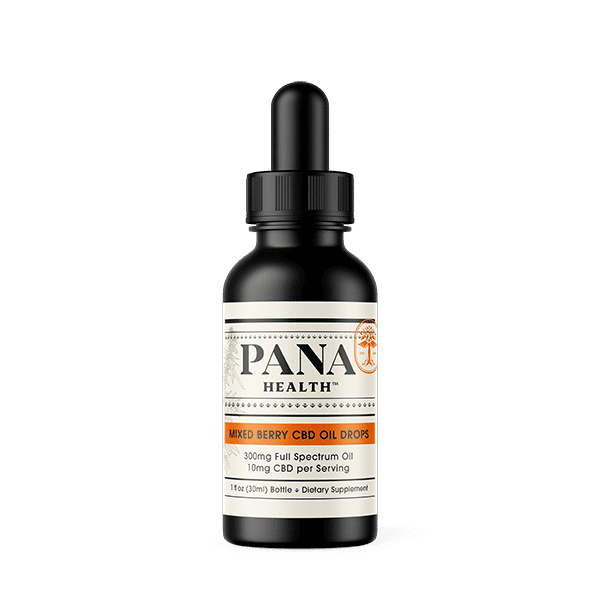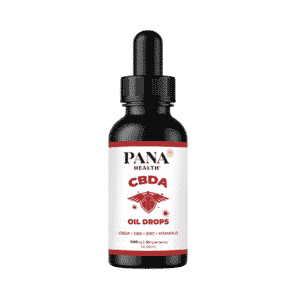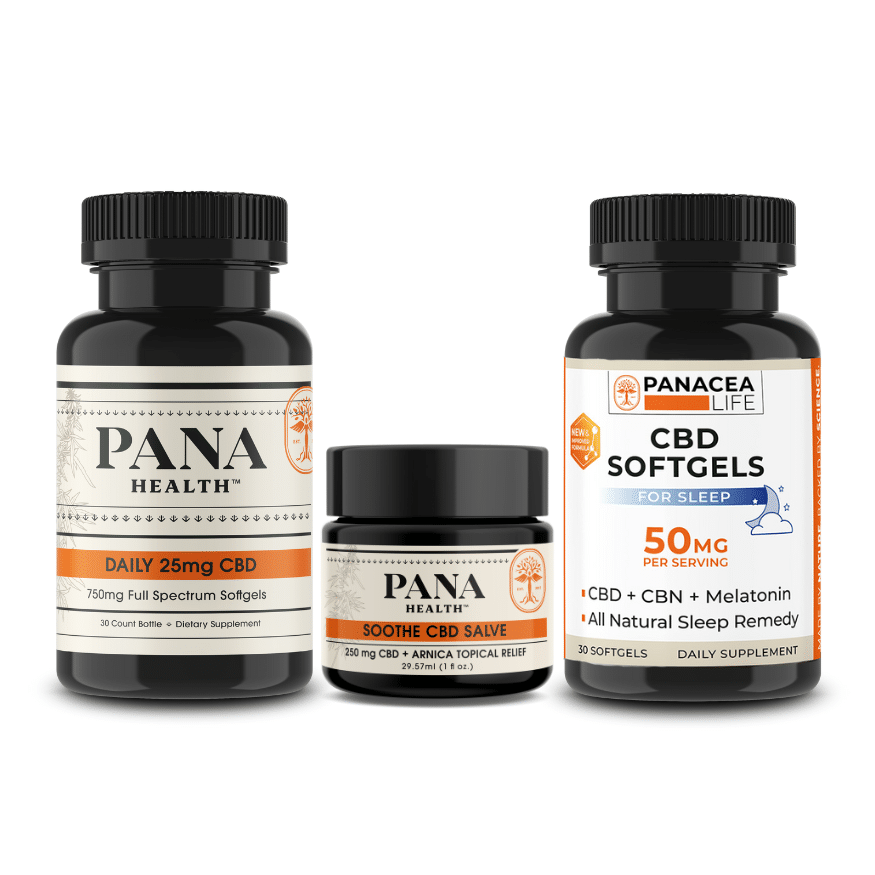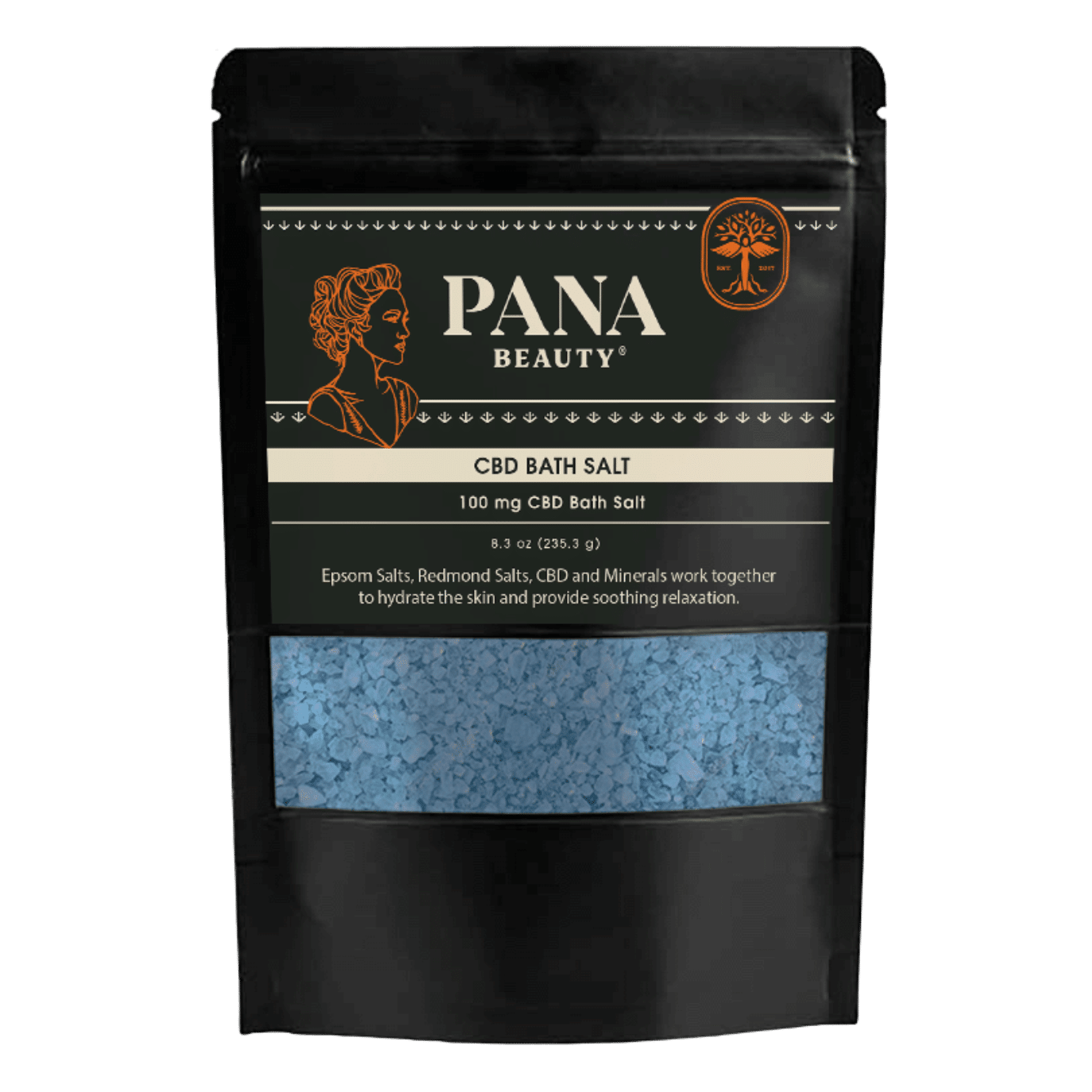Cannabidiol (CBD) oil is a cannabis-derived product. CBD is a type of cannabinoid found in cannabis plants, of course. Although it is extracted from cannabis plants, CBD does not produce a “high” or any intoxication induced by another cannabinoid called tetrahydrocannabinol (THC) typically associated with cannabis use.
There are some misconceptions regarding cannabis derivatives like CBD oil due to the recreational use of a specific form of cannabis, marijuana. But as time goes on, the better we understand CBD oil, the focus will transition to the many health benefits CBD provides. Here’s what you need to know about the potential medicinal benefits of CBD oil, let’s have a look!
What is CBD?

CBD is a cannabinoid that emerges naturally from the cannabis plant. It is one of over 113 named cannabinoids in hemp plants. Unlike the entire cannabis plant, CBD does not contain THC, which is responsible for the inebriated feeling that is often associated with cannabis. Extracted from the hemp plant’s flowers and buds, CBD is pressed into oil. Recently it has become increasingly popular in potentially treating and even aiding in preventing a wide range of health problems.
Benefits of CBD Oil
Feelings of Anxiousness Relief
CBD may be able to help you access a more significant state of calm. Research has suggested that it could change how your brain receptors react to serotonin, a mental health-related chemical. Receptors are the proteins on your cells that receive chemical messages and help your cells respond to various stimuli.
According to a study, individuals who suffer from social anxiety were given a 600 mg CBD dose before public speaking. The results showed that the CBD helped provide a sense of calm. Other researchers have concluded that CBD may be able to contribute to easing anxiety by potentially improving symptoms of post-traumatic stress disorder (PTSD).
Anti-seizure
CBD is becoming famous as a potential medicine for severe forms of epilepsy. Studies are still preliminary, but promising. Scientists are researching how much CBD can minimize the number of epileptic seizures in people and how effective it is. According to the American Epilepsy Society, cannabidiol research has hope for seizure problems and that research is being carried out to understand safe use better.
A 2016 study worked with 214 people suffering from epilepsy. Participants in the survey also applied oral doses of 2 to 5 mg CBD a day to their current anti-epilepsy medications. Scientists from the study tracked the participants for 12 weeks, reported adverse side effects, and tested the frequency of their seizures. Overall, there were 36.5% fewer seizures per month for participants. However, there were negative impacts on some of the test subjects.
Supporting joint health
One major area of study for CBD is if the cannabinoid could help with joint health. Weak joints can cause movement to be strenuous and, sometimes, even impossible. With the many other potential therapeutic uses, it was not a far leap for researchers to start to focus on this idea.
One study looked at collagen-induced arthritis in mice. They administered some of the mice an oral dose of CBD. The mice that were given the CBD were found to have less joint damage from the condition. Those mice also had less spread of the condition in their joints.
Neuroprotective
Scientists are looking at a brain-based receptor to learn whether CBD may benefit people with neurodegenerative conditions, illnesses that cause the brain and nerves to deteriorate over time. The receptor is called CB1.
There are researchers who are studying the use of CBD oil for treating the following:
- Multiple sclerosis (MS)
- Alzheimer’s disease
- Parkinson’s disease
- Stroke
Uses of CBD Oil
CBD Topical
CBD Topicals are infused products are applied to the skin to soothe pain and directly reduce inflammation where necessary. Creams, salves, shampoos, hand sanitizers, lip balms, bath salts, and lotions are among the topical products.
Ingested CBD
Swallowing the CBD oil allows it to pass through the digestive system and be metabolized by the liver, releasing the active compounds for many hours in the body. Typically, CBD oil is ingested into drops, tinctures, and capsules or applied to foods and drinks such as gummy sweets and coffees. CBD may also be taken as a powder by removing all plant matter to show a crystalline powder with no odor or taste.
Sublingual CBD
Another standard method of taking CBD is to put a few drops of oil or tincture, or a little bit of the powder, under the tongue and keep it there for a few seconds. It allows for the rapid absorption of the active ingredients into the bloodstream via mucus membranes in the mouth.
Inhaled CBD
CBD can be inhaled by vaporizing the oil or adding oil or powder to and smoking e-cigarettes or tobacco. Inhaled CBD quickly reaches the bloodstream through the lungs, thereby bypassing the digestive system. “Vaping” has become a common way to use CBD for this purpose. But a recent outbreak of inhalation-related lung injuries prompted the Centers for Disease Control and Prevention (CDC) to warn people to refrain from vaping while investigating. According to the CDC, most people in the more than 800 cases identified by the end of September 2019 were in patients using THC items. Like CBD, THC is a cannabinoid, and the two are often found together in vaping products.
Is CBD Oil Legal?
Yes! As long as CBD is derived from hemp rather than marijuana. Hemp was legalized in the United States in 2018 by the Farm Bill (with restrictions in some states). This bill regulates what farmers can and cannot grow and sell in the country. It’s reviewed and passed every five years. That year the bill legalized hemp across the country. So, if a CBD product is made using hemp, but not marijuana (which is still federally illegal, but legal in a handful of states), it is legal.















